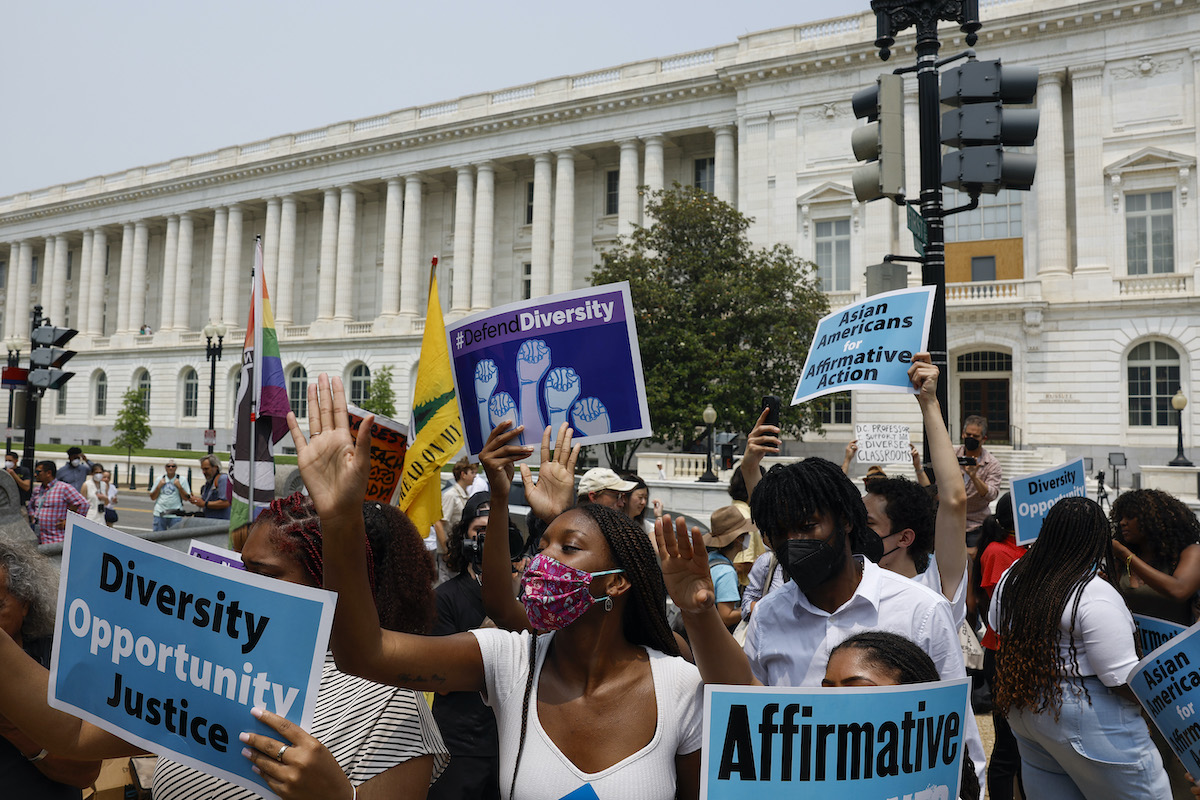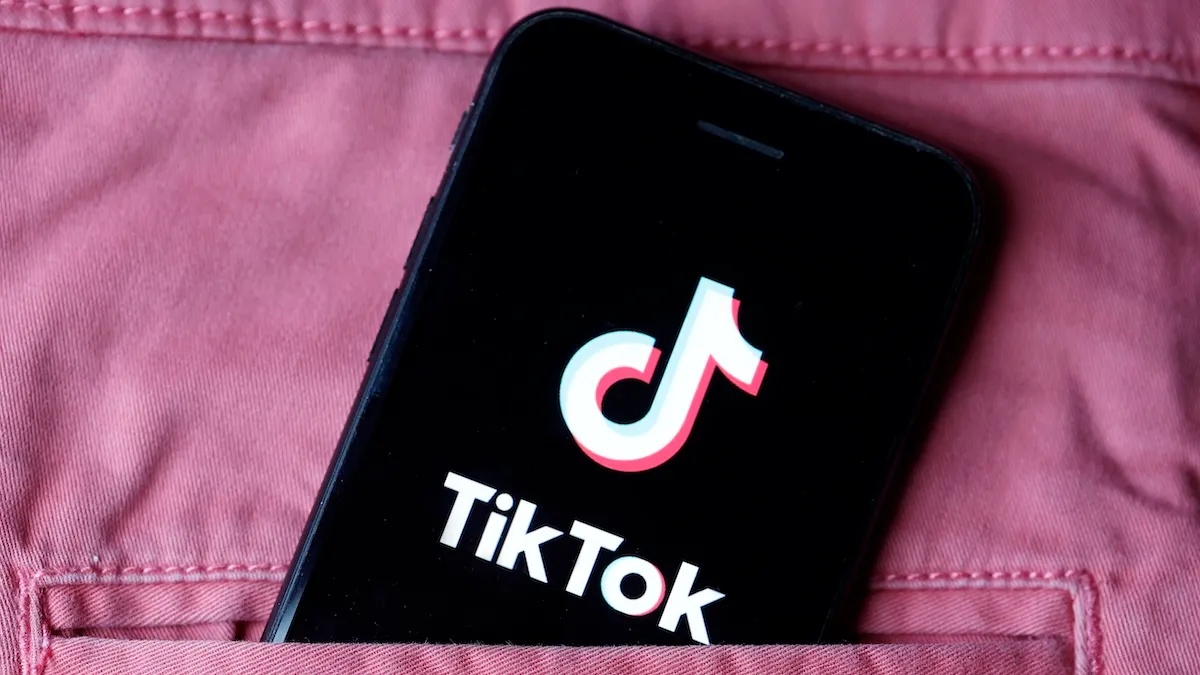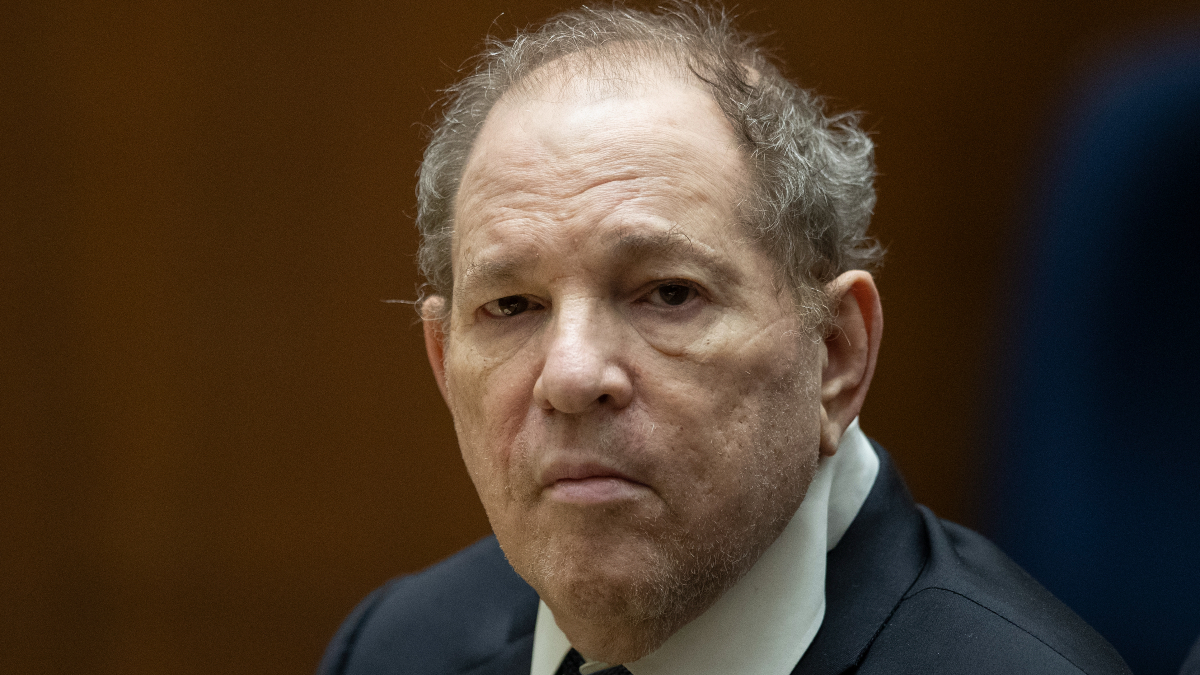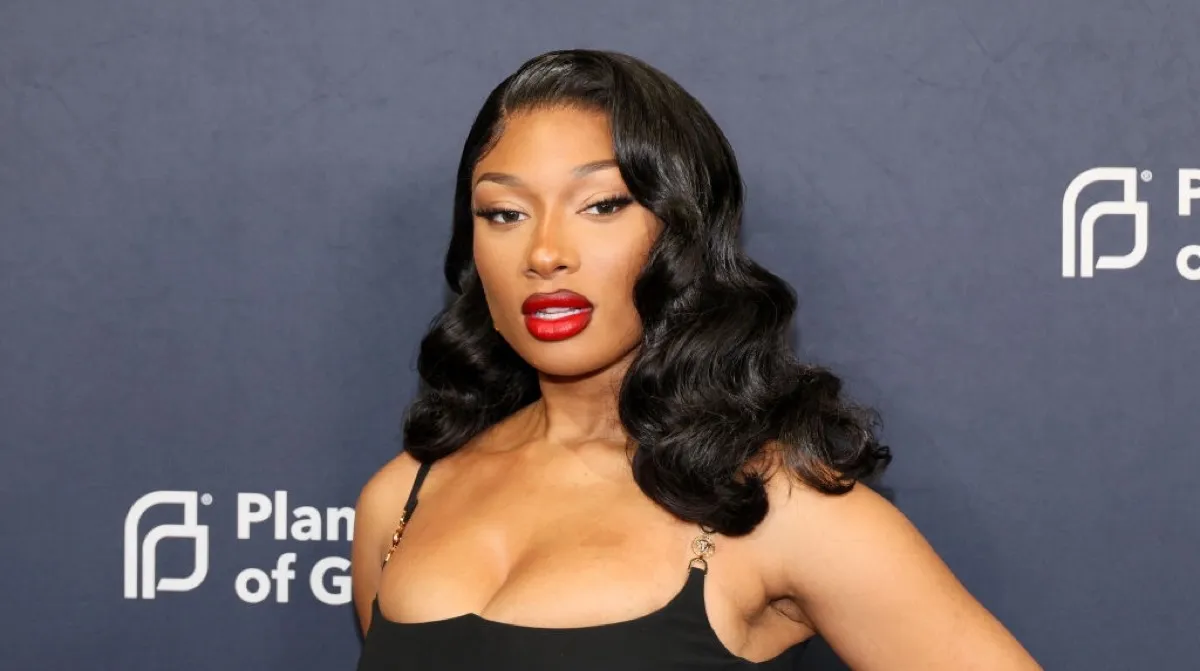Last week, the Supreme Court ruled that affirmative action processes at most colleges and universities are unconstitutional. In theory, this means that schools can no longer consider race in the admissions process for students. In practice, though, we all know that race will still factor into admissions, it will just only benefit white applicants, and specifically white men.
While schools can no longer consider race in the admissions process, they can and do still give preferential treatment to “legacy” students and the children or other relatives of donors, who are overwhelmingly white and wealthy.
Now a group of activists is challenging the admissions process at Harvard University—one of the schools at the center of the Supreme Court’s decision but far from the only school to prioritize legacy and donor admissions—for exactly that reason.
Three Boston-area groups requested that the Education Department review the practice, saying the college’s admissions policies discriminated against Black, Hispanic and Asian applicants, in favor of less qualified white candidates with alumni and donor connections.
“Why are we rewarding children for privileges and advantages accrued by prior generations?” asked Ivan Espinoza-Madrigal, executive director of Lawyers for Civil Rights, which is handling the case. “Your family’s last name and the size of your bank account are not a measure of merit, and should have no bearing on the college admissions process.”
Justice Ketanji Brown Jackson referenced this generational inequality in her dissent last week, writing:
Imagine two college applicants from North Carolina, John and James. Both trace their family’s North Carolina roots to the year of UNC’s founding in 1789. Both love their State and want great things for its people. Both want to honor their family’s legacy by attending the State’s flagship educational institution. John, however, would be the seventh generation to graduate from UNC. He is White. James would be the first; he is Black. Does the race of these applicants properly play a role in UNC’s holistic meritsbased admissions process?
The court’s conservative justices tripped over themselves last week to explain why racism simply isn’t a big enough problem anymore to justify factoring it into college admissions. Even if you buy that (ludicrously false) claim that BIPOC candidates don’t face additional obstacles in college admissions, you cannot possibly deny that an overwhelming number of white candidates have a generational privilege that, on a historical level, is simply inaccessible to their non-white peers. In Justice Jackson’s hypothetical, John’s advantage goes back seven generations to a time when James’ ancestors had no way of accessing the kind of opportunity that still, to this day, gives John an extreme leg-up.
In a press release on the complaint being filed against Harvard, Lawyers for Civil Rights writes:
For the Class of 2019, about 28% of the class were legacies with a parent or other relative who went to Harvard. Qualified and highly deserving applicants of color are harmed as a result, as admissions slots are given instead to the overwhelmingly white applicants who benefit from Harvard’s legacy and donor preferences.
When entitled white students don’t get into their first-choice school (or get rejected from a job), they can be quick to blame affirmative action. In reality, if their spot was “stolen” by anyone, it was, statistically, far more likely to have gone to a legacy applicant or the child of a donor—nearly 70% of whom at Harvard are white.
The group’s statement continues:
Even worse, this preferential treatment has nothing to do with an applicant’s merit. Instead, it is an unfair and unearned benefit that is conferred solely based on the family that the applicant is born into. This custom, pattern, and practice is exclusionary and discriminatory. It severely disadvantages and harms applicants of color.
(featured image: Anna Moneymaker/Getty Images)









